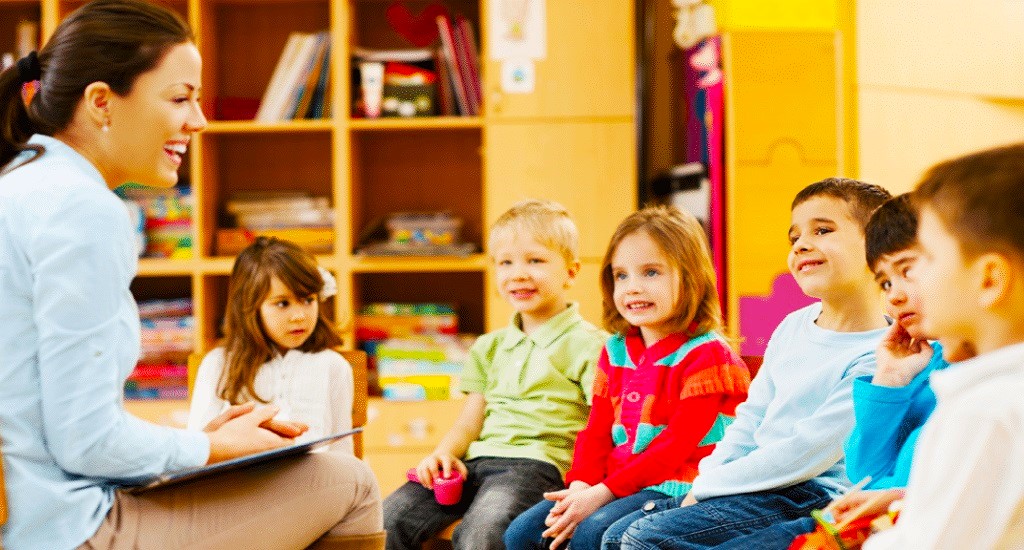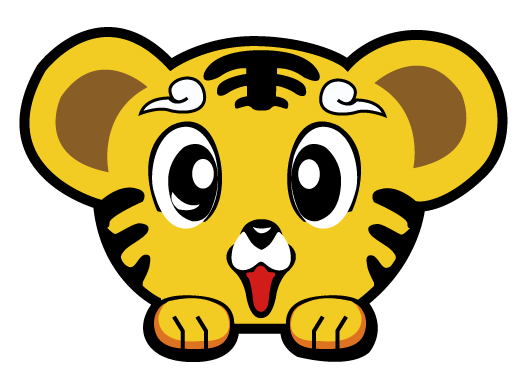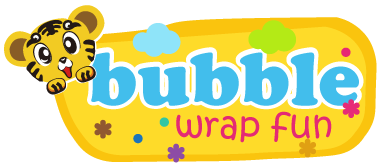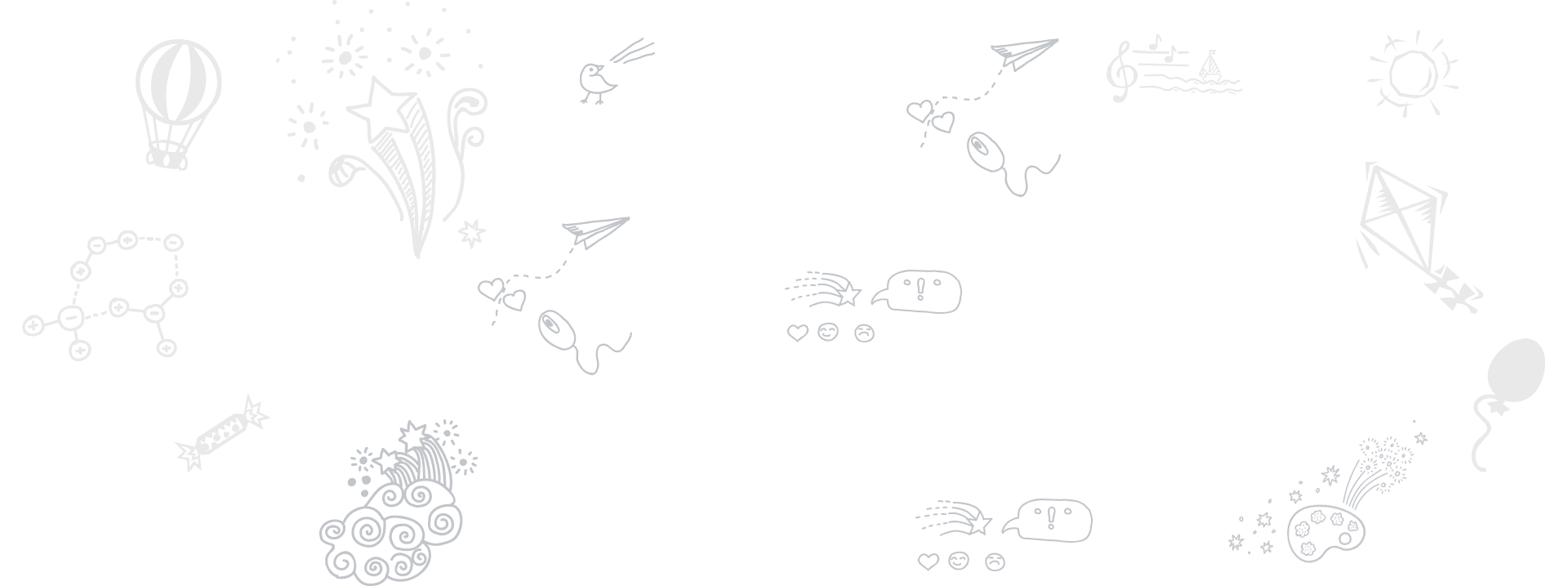
23 Apr Why a Well-Designed Kindergarten Curriculum is Essential for Child Development
Key Takeaways:
- A strong kindergarten curriculum lays the groundwork for lifelong learning and overall well-being.
- Social-emotional development is just as critical as academic skills in early childhood education.
- Incorporating creativity and imagination into daily activities encourages cognitive flexibility and problem-solving skills.
- Early literacy and numeracy skills are built through playful, immersive learning experiences.
- The involvement of parents and caregivers reinforces the educational foundation set in kindergarten.
Introduction: The Pillars of a Kindergarten Curriculum
The significance of a well-structured kindergarten curriculum Cambridge MA cannot be overstated. As children’s first formal introduction to the world of education, kindergarten plays a pivotal role in shaping their academic and personal growth trajectories. This early stage of learning is not just about acquiring knowledge; it’s about nurturing a child’s curiosity, self-esteem, and ability to collaborate with others. A carefully planned curriculum that integrates critical developmental domains—social, emotional, cognitive, and physical—can significantly influence a child’s capacity to thrive in school and beyond.
Foundations of Early Learning
As children enter kindergarten, they are greeted with an opportunity to explore and understand the world around them at a critical developmental juncture. The educational content and pedagogical strategies employed at this stage should be tailored to their innate learning capabilities, aiming to stimulate curiosity and the desire for discovery. The curriculum must be adaptable, engaging, and encompass various subjects and skills catering to varying interests and learning styles.
Social-Emotional Development in Kindergarten
Social-emotional development is integral to a well-designed kindergarten curriculum. These formative years are potent in establishing the foundations of empathy, resilience, and communication. Structured play, cooperative learning, and classroom discussions are just a few methods that can facilitate social skills and emotional regulation. Incorporating these activities into daily routines fosters an environment where children learn to understand and manage their emotions, work collaboratively with peers, and build strong interpersonal relationships—skills that are paramount throughout their lives.
Cognitive Skills and Kindergarten Curriculum
Cognitive development during the kindergarten years sets the stage for academic success. A well-orchestrated curriculum will harness children’s innate problem-solving abilities while nurturing their attention and memory skills. Thoughtfully designed activities that challenge students to think critically and ask questions encourage active engagement with learning materials and accelerate cognitive growth—all while tactfully balancing the need for independent and guided exploration.
Physical Growth and Motor Skills
The importance of physical development in the kindergarten curriculum is twofold. It addresses both gross and fine motor skills. These skills are essential for basic tasks like writing and cutting with scissors and for building a foundation of healthy lifestyle habits. Activities encouraging movement, coordination, and body awareness contribute to children’s overall physical development and help channel their boundless energy into productive and developmental pathways.
Fostering Creativity and Imagination
A hallmark of any well-designed kindergarten curriculum is its facilitation of creativity and imagination. Educators can promote innovative thinking and problem-solving by providing ample opportunities for play, artistic expression, and exploratory activities. Encouraging children to engage with the world imaginatively plays a crucial role in cognitive development, enhancing their ability to conceptualize abstract ideas and develop original solutions to their challenges.
Language Acquisition and Literacy
The foundation for literacy is built through many language-rich experiences in the kindergarten setting. Storytelling, reading aloud, and interactive writing experiences enrich vocabulary and enhance comprehension and communication skills. The curriculum should create an immersive environment where children can practice and improve their language abilities through fun and engaging activities that spark a love for reading and writing.
Mathematical Thinking and Reasoning
A strong kindergarten curriculum delves into mathematical concepts in a manner that is accessible and enjoyable for young learners. Activities that involve counting, sorting, and pattern recognition align with their natural curiosity about the world and help develop critical numeracy skills. Engaging in hands-on, practical experiences sets the groundwork for more complex mathematical reasoning and abstract thought processes in future academic pursuits.
Environmental Awareness and Sustainability
Introducing environmental stewardship and sustainability concepts at an early age cultivates responsible world citizens. A nature-based learning curriculum encourages children to observe and appreciate the environment. This educates them about the importance of caring for our planet and invokes wonder and respect for the intricate ecosystems surrounding them.
Technology Integration in Early Education
In a world where technology is pervasive, its thoughtful inclusion in kindergarten programs is essential. Well-designed curricula incorporate technology as a tool to augment learning experiences without detracting from fundamental development in other areas. Selective and age-appropriate use of digital resources can enhance interactivity and provide diverse, accessible learning opportunities for all students.
The Role of Parental Involvement
Parental involvement significantly magnifies the reach and efficacy of a kindergarten curriculum. Children thrive when learning is reinforced at home with the support and encouragement of their caregivers. The link between school and home is vital for reinforcing academic skills and establishing consistent routines and expectations—critical components of a productive and affirming learning environment.
Conclusion: The Lasting Impact of Kindergarten
Ultimately, the value of a well-designed kindergarten curriculum is immeasurable. As the starting line of a child’s educational journey, it can profoundly shape a learner’s trajectory through its holistic approach. By attending to each aspect of child development, kindergarten provides the necessary tools and foundations for future learning, ensuring that students are poised for success in all of their academic and personal endeavors.



Sorry, the comment form is closed at this time.